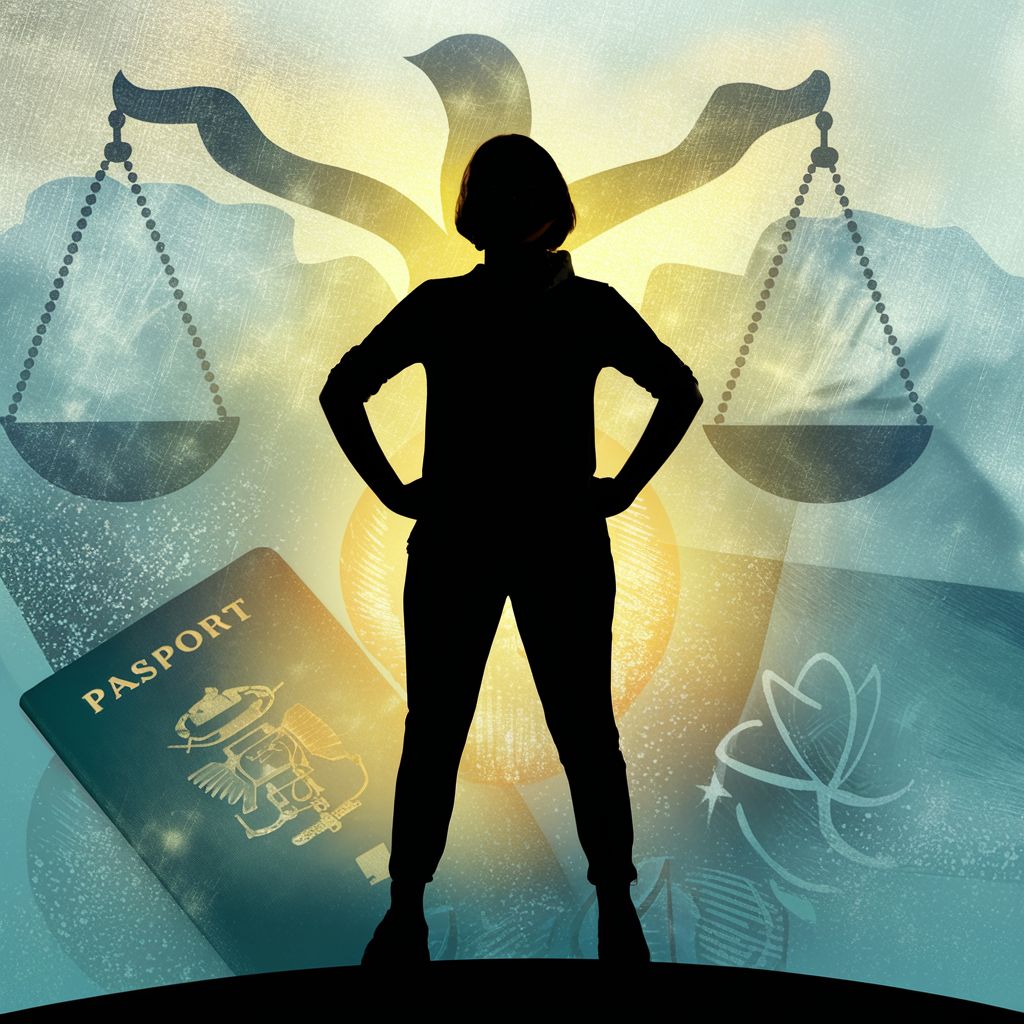Mar 13, 2024
Flexible Payment Options Available
Services Available Across the U.S. and Internationally
Start Today Same-Day Appointments Available
Multilingual Consultation Available
Empowerment Through VAWA: A Guide to Self-Petitioning for Immigrant Victims
Introduction
The Violence Against Women Act (VAWA) stands as a beacon of hope for immigrants experiencing abuse. It allows eligible individuals to step out of the shadows of violence and onto a path of safety and legal residency in the United States, all without the knowledge or involvement of their abuser.
Understanding VAWA Immigration
VAWA offers a lifeline to spouses, children, and sometimes parents of U.S. citizens or Lawful Permanent Residents who have been subjected to extreme cruelty or battery. This provision recognizes physical, emotional, and psychological abuse, providing a legal framework for victims to seek relief.
The VAWA Self-Petition Process
Initiating a VAWA self-petition involves filling out Form I-360 and gathering comprehensive evidence of the relationship, the abuse, and your eligibility. Key components include proof of the abuser's citizenship or permanent resident status, evidence of abuse, and documents establishing the relationship.
Legal Rights and Protections Under VAWA
VAWA petitioners are afforded significant legal protections, emphasizing confidentiality to shield applicants from potential retaliation by their abusers. This ensures that the information provided to USCIS will not be disclosed to the perpetrator, offering a secure avenue for seeking help.
Life After VAWA Approval
Upon approval, VAWA petitioners can obtain lawful status, work authorization, and eventually, a Green Card. This critical step offers a new beginning, free from abuse, and a chance to pursue the American dream independently.
Resources and Support for VAWA Applicants
Numerous organizations and legal entities specialize in assisting VAWA petitioners. From legal advice to emotional support, these resources ensure that no victim has to navigate the process alone.
Common Questions About VAWA Petitions
This section aims to demystify the process, addressing common concerns such as eligibility criteria, the timeline for processing, and the impact of filing on existing immigration proceedings.
Conclusion
The VAWA provisions embody the United States' commitment to protecting and empowering victims of abuse, offering a pathway to safety and independence. If you or someone you know is suffering in silence, know that there are options and a supportive community ready to help.
Resources
For more detailed information, visit the USCIS page on VAWA. Additionally, organizations like the National Domestic Violence Hotline provide confidential support and can direct you to further resources.
This blog post aims to illuminate the path for VAWA petitioners, offering guidance, hope, and a reminder of the strength that lies in seeking a life free from abuse.
